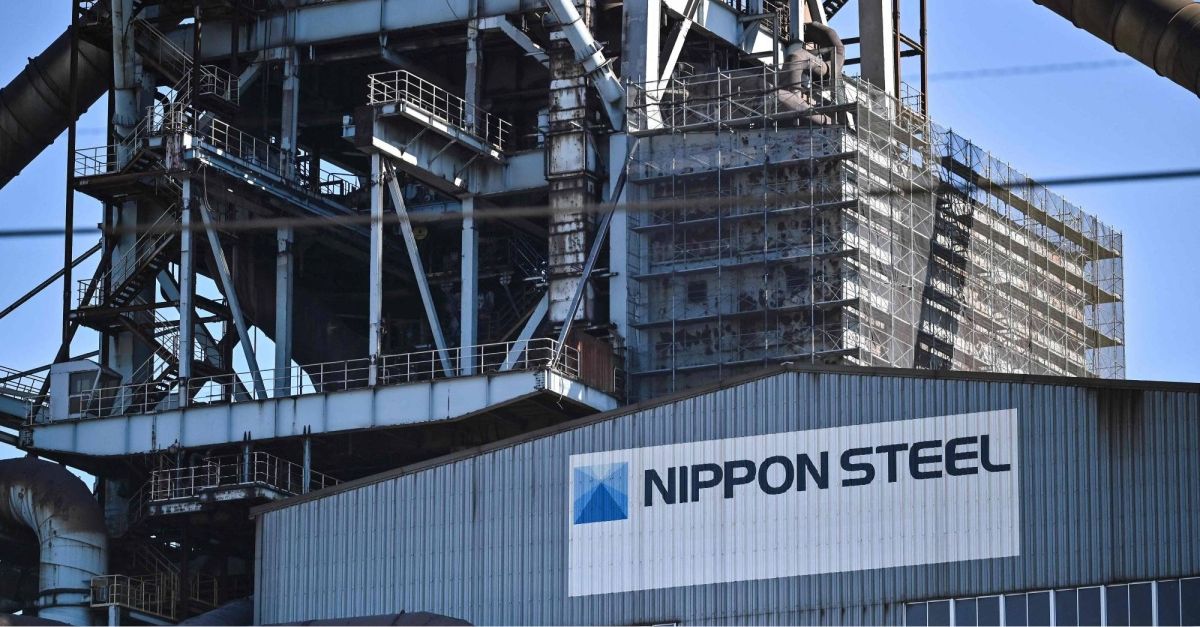India–US Trade Tensions Rise Over Steel and Auto Tariffs NMDC Limited reports a 38% drop in Q4 FY24 consolidated net profit RINL to Raise $23 Million Through Land Sales Amid Crisis

ArcelorMittal Nippon Steel India (AM/NS India) has raised concerns that India’s recent restrictions on steel imports could disrupt production and delay its expansion plans. The company, a joint venture between global steel giant ArcelorMittal and Japan’s Nippon Steel, highlighted that curbs on imports may create supply chain constraints, affecting raw material availability and project timelines.
India has been tightening its trade policies to protect domestic steelmakers from a surge in low-cost imports, particularly from China, South Korea, and Japan. While this move aims to support local producers, AM/NS India believes it could also have unintended consequences, such as slowing down ongoing and planned capacity expansions.
The company has been investing heavily in expanding its steel production capacity in India to meet the country’s growing infrastructure and manufacturing needs. However, restrictions on key raw materials, semi-finished steel, and specialized grades not produced locally could impact operational efficiency and hinder the timely execution of expansion projects.
Also Read : India’s Steel Imports Surge 78% as Exports Hit 7-Year Low CRISIL Sees Slower Growth for Steel MSMEs This Year